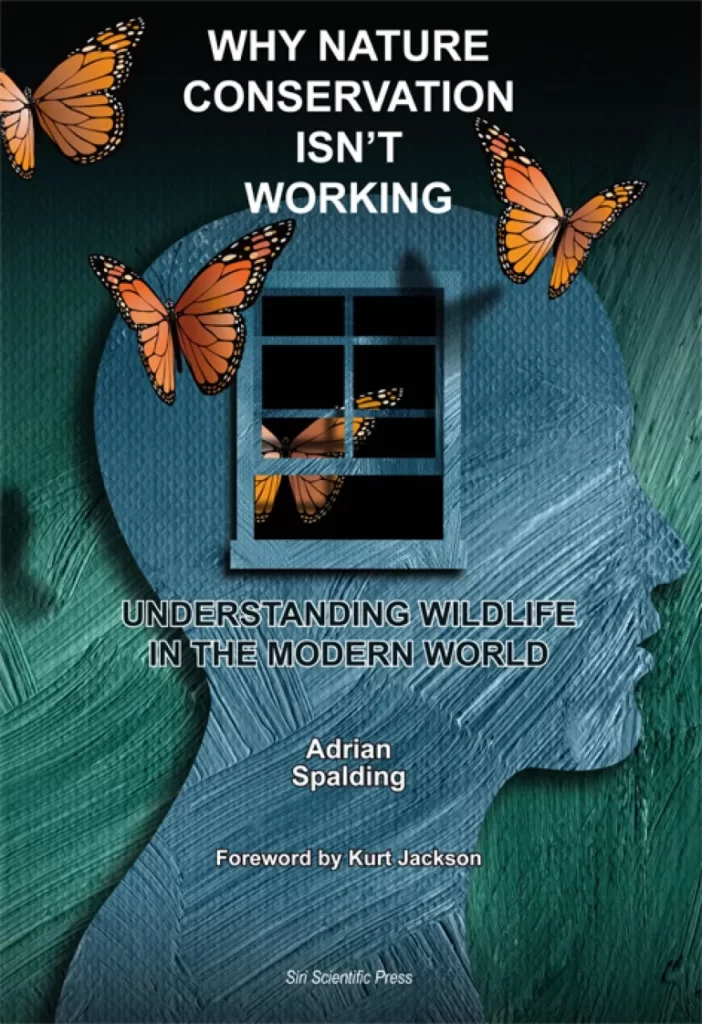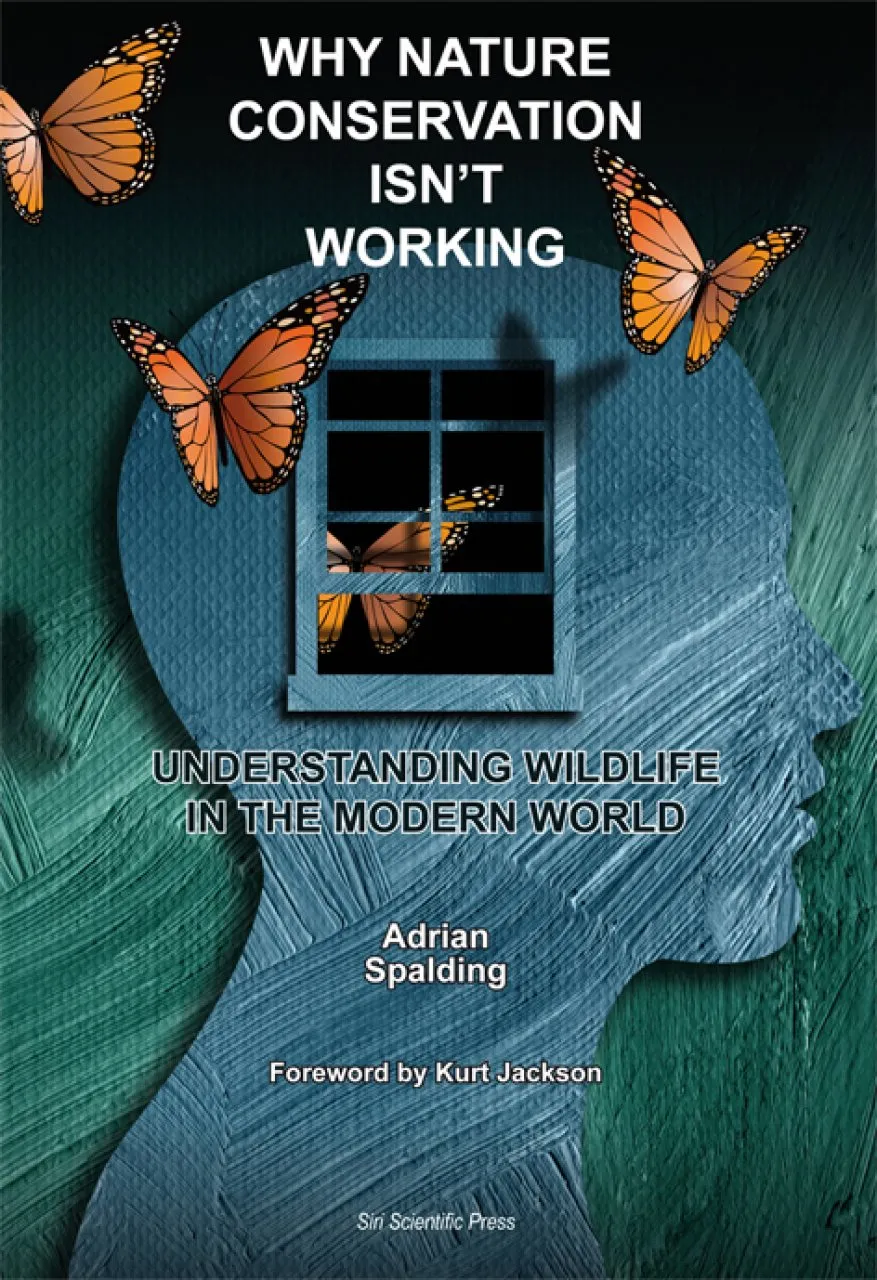Adrian Spalding believes that conservationists have gone rather over the top in relatability, in the idea that people and wildlife are inextricably linked in a sort of master−servant relationship. ‘People and Nature’ is the mantra of nearly every wildlife body from government agencies to the Wildlife Trusts, and even the specialist charities. We hang radio collars around the necks of rare animals and give them names as though they were pets. We care for endangered plants as though they grow in our garden. We deliberately choose big, glamorous species to release simply because we like them. Spalding thinks that all this is wrong, that wild species have an existence entirely separate from Homo sapiens in time and space, in their lives, in their habitat, and in their evolutionary and historical past (and future). Wild animals are not a version of ourselves and we should respect their integrity, their separateness. Species shorn of this separateness he dubs ‘McDonald’s species’. ‘We have lost sight of what wildlife is about.’ He is one with John Muir, who wanted to preserve ‘forests, rivers, mountains, not for Man, but from Man, for themselves’.
I suspect that many naturalists will have sympathy with this view and are mildly dismayed at the way in which nature conservation has morphed into the micromanagement of a largely human agenda. Spalding pads out his argument with examples, especially butterflies and moths, but they are so many and so lengthy that they tend to distract more than enlighten. And just when one might expect to find a summary and perhaps some practical advice, it ends abruptly, as though there were nothing more to say.
Like most of us, the author is happiest when he is talking about natural history, and his own encounters with wildlife around the world. The unstated subtext is that naturalists tend to make poor administrators and that good administrators are seldom good naturalists. That, I suspect, is the reality behind the abstractive talk about perception, connection and illusion.

